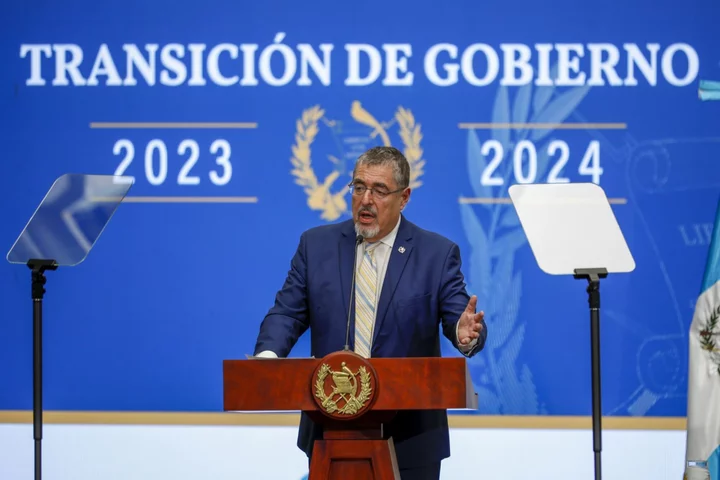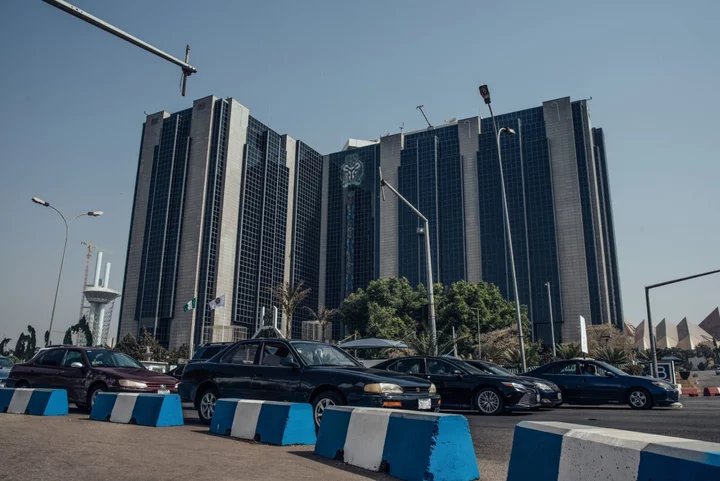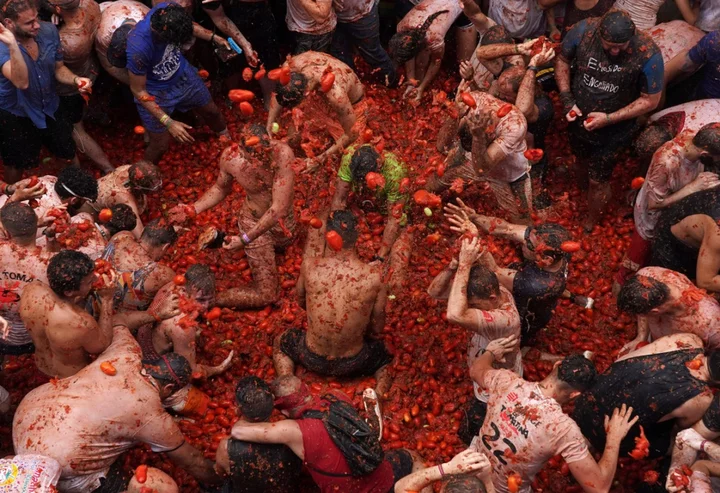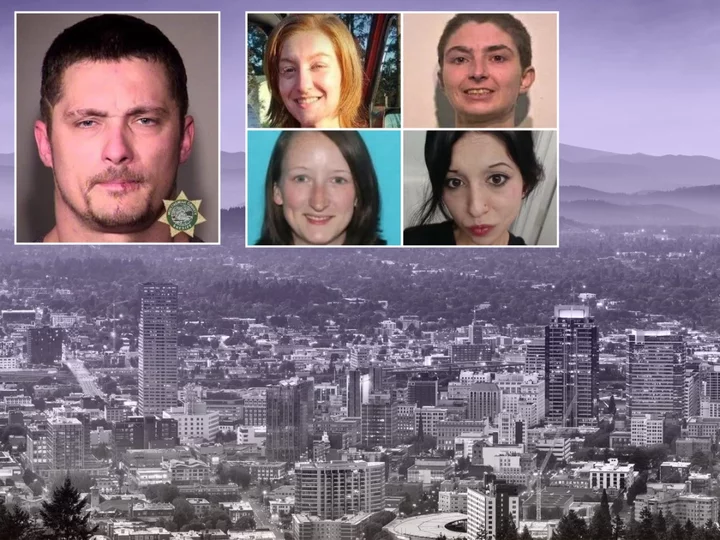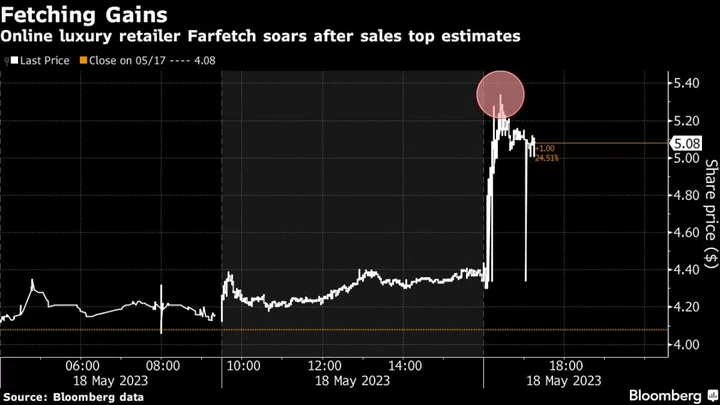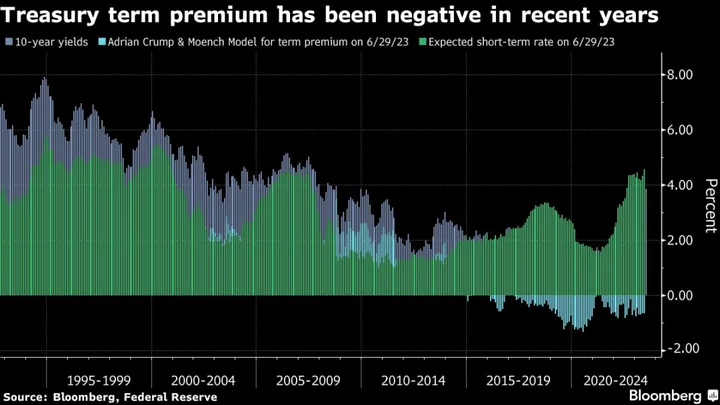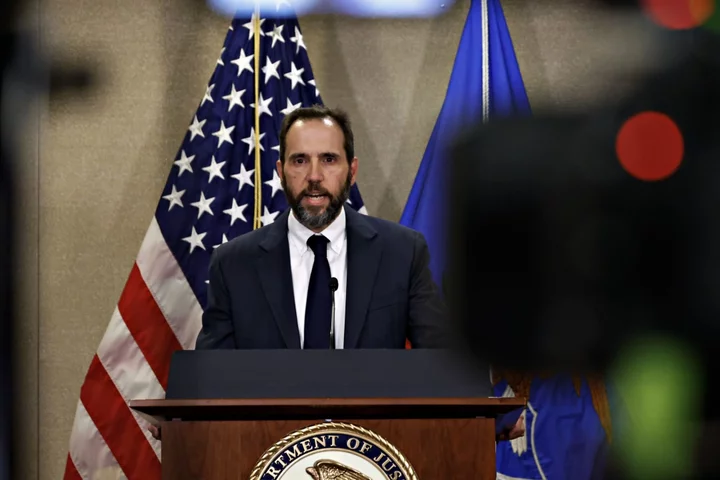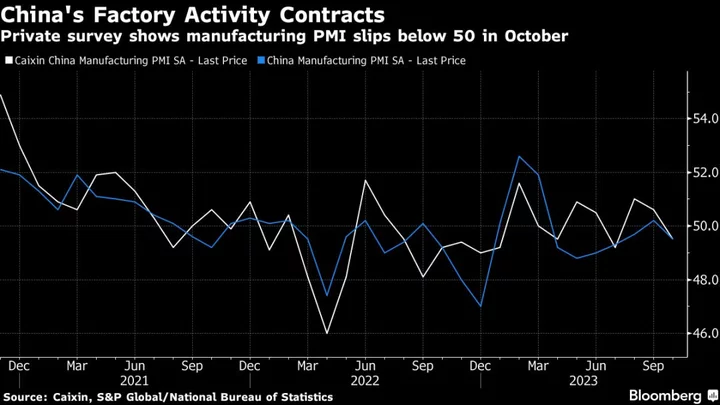Guatemalan authorities are seeking to revoke Bernardo Arévalo’s immunity from criminal prosecution, a move denounced by the president-elect and putting him at risk of arrest as he prepares to take office in January.
The allegations were swiftly condemned the US government, which said it will impose sanctions on those who interfere with the transition of power.
Prosecutor Angel Saul Sanchez alleged Thursday that Arévalo — an anti-corruption crusader — had knowledge of a violent takeover of Guatemala’s University of San Carlos, and that his political party Semilla used campus buildings to plan its 2023 presidential campaign.
Groups of students and professors invaded the campus in 2022 and 2023, causing $11 million in property damage, Sanchez told reporters. The prosecutor said the vice-president-elect, Karin Herrera, was on site when a car was burned and that Arévalo, a congressman, was present while illegal groups were running the university.
Arévalo criticized the investigation and said his party will take legal action against prosecutors’ allegations. He said the probe is driven by “a small group of corrupt officials” and insisted that “we will assume the presidency in January.”
“Guatemalan institutions are in crisis,” Arévalo told supporters outside the courts Thursday. “Democracy in Guatemala is endangered, but we won’t let these actions impede January 14,” when he is set to take office.
The case is “completely made up, with the goal of intimidating” the party and scaring street demonstrators who have protested probes of Semilla, congressman Samuel Perez said in response to questions. A former Semilla congressional candidate, who had criticized government corruption, was among those arrested, Perez said.
Sanchez said prosecutors have obtained arrest warrants for 27 people so far in this case, and that police raided homes on Thursday morning searching for evidence.
“These people used their public office to take over the university in an illicit manner,” Sanchez said, adding that prosecutors will also seek to revoke Herrera’s immunity from prosecution.
The request will be sent to the courts. If they approve the request, it will be sent to congress where legislators must form a committee to investigate the charges. The legislature would then hold a vote on whether or not to revoke Arévalo’s immunity. If it is revoked, he could be arrested to face charges.
A day earlier, congress elected new judges for the country’s courts and began proceedings to revoke immunity from electoral authority magistrates who certified Arévalo as president-elect in August. Protesters who allege the new judges are corrupt clashed with police outside congress Wednesday night. Officers in riot gear formed a perimeter around the legislature Thursday.
The Biden administration is monitoring developments closely, warning against any attempt to prevent prevent Arévalo from taking office.
Such “destabilizing actions pose a threat not only to the Guatemalan people but to regional peace and security,” Brian Nichols, the assistant US secretary of state for Western Hemisphere affairs, said Wednesday on X, formerly known as Twitter.
Nicholas said in a statement Thursday the U.S. government is preparing sanctions against those in Guatemala who interfere with a peaceful transition of power.
“Bernardo Arevalo is going to take office as president of Guatemala,” Nicholas said. “The efforts to impede a democratic transition are unacceptable.”
(Updates with response from Arevalo and US government)

